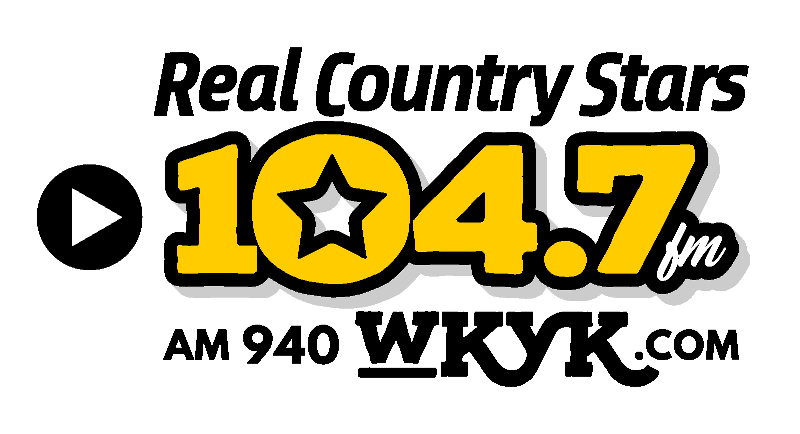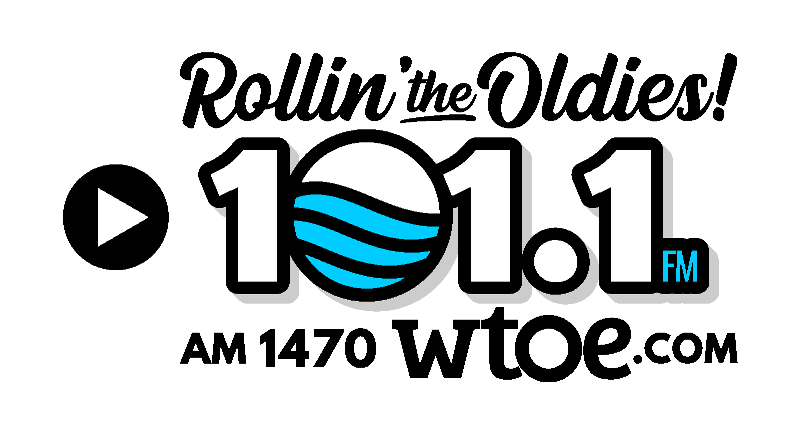
Congress is working through a budget reconciliation process to:
- Keep taxes low for families and small businesses
- Strengthen our borders
- Bolster our economy
- Support domestic energy production
- Make the federal government more effective and efficient for the American people
As a member of the House Budget Committee, I helped craft a budget resolution that is serving as the framework to accomplish an agenda that puts America First.
Now that this budget resolution has passed out of the House, it is up to the Senate to move it forward so that we can deliver on the priorities that an overwhelming number of Americans have been asking for.
We are at a pivotal moment in which we can pave the way to implement significant changes in policies to get our nation back on track, and I will continue to support opportunities to make life better for Western North Carolinians.
Strengthening and protecting our education systems
 President Trump took a major step forward in reforming our education system by signing an executive order to shut down the Department of Education.
President Trump took a major step forward in reforming our education system by signing an executive order to shut down the Department of Education.
This order paves the way for education authorities to finally be back in the hands of the states and parents who know what their students need to succeed best.
The historically high tax dollars funding the department have not paid off, with repeatedly low test scores among students, and it’s time that we take a hard look at the root causes that are preventing students from achieving their potential.
The House is also working to protect our education system with the passage of the Defending Education Transparency and Ending Rogue Regimes Engaging in Nefarious Transactions Act (DETERRENT Act).
I voted for this bill to strengthen oversight and disclosure requirements for gifts and contracts with foreign donors or entities. If a foreign entity is found to be of concern, for example – if they are connected with the Chinese Communist Party – then this bill allows for contracts with those concerning entities to be banned.
The CCP should not have the ability to influence our higher education institutions or students through expensive gifts and large donations. This bill will stop the infiltration and influence of bad actors on college and university campuses and make our education systems more transparent by staying focused on the core mission – preparing America’s youth for the workforce.
Bringing contaminated properties back to life in our mountains
Many investors who are interested in developing properties that have environmental challenges decide not to invest because the cost of cleanup exceeds the business’ benefit. Due to the challenges associated with cleaning up Superfund and brownfield sites, contaminated properties will sit unoccupied for years.
challenges associated with cleaning up Superfund and brownfield sites, contaminated properties will sit unoccupied for years.
The current Opportunity Zone program, which offers tax incentives for investors to redevelop areas that are designated as “Opportunity Zones,” focuses solely on low-income communities and fails to consider the need for similar investment in communities with additional hardships, such as brownfields and Superfund sites.
To address this overlooked issue, I introduced the bipartisan Economic Opportunity for Distressed Communities Act, to designate all Superfund and brownfield areas as Opportunity Zones and to encourage the clean-up, redevelopment, and revitalization of these contaminated sites.
If cleaned, brownfields and Superfund sites can be redeveloped into new housing or business space, and promoting cleanup and development of these sites will create jobs, business opportunities, and increase property values in Western North Carolina and nationwide.
Supporting small businesses in the aftermath of disaster
The destruction left by Hurricane Helene has forced many Western North Carolinians to depend on federal resources to rebuild their homes and businesses.
One obstacle that stands in the way of recovery is a current law that restricts hurricane survivors from double-dipping in the disaster aid system by prohibiting folks from receiving a “duplication of benefits.”
_-_2025-03-27T113304.732.png) Unfortunately, wrapped up in this law is limitation from accessing federal loans and federal grants for the same disaster. That means if a business owner receives a federal disaster recovery loan from the Small Business Administration, they are ineligible to receive a federal recovery grant from the $1.65 billion Community Development Block Grant – Disaster Recovery funding that I authored and secured in the American Relief Act.
Unfortunately, wrapped up in this law is limitation from accessing federal loans and federal grants for the same disaster. That means if a business owner receives a federal disaster recovery loan from the Small Business Administration, they are ineligible to receive a federal recovery grant from the $1.65 billion Community Development Block Grant – Disaster Recovery funding that I authored and secured in the American Relief Act.
Even though SBA loans are required to be repaid and CDBG-DR grants are one-time payments to victims that do not require repayment, the federal government views the two as a “duplication of benefits.”
That’s why I introduced the Helene Small Business Recovery Act, which would temporarily waive loans from being considered as a duplication of benefits for disasters occurring in calendar year 2023 or 2024. This clarification would provide an exemption to the duplication of benefits issue for all WNC businesses that received an SBA loan from Hurricane Helene.
Hurricane Helene caused nearly $60 billion in damage in WNC’s mountains, and the state of North Carolina estimates at least $30 billion of the damage was to the economy and housing. With damage far exceeding currently available resources, our communities must be able to access every possible dollar appropriated for Helene recovery.
Congress must pass this bill so that disaster survivors are not restricted from accessing critical federal aid needed to sustain our region’s businesses and keep our families in our mountains.
Now accepting Congressional Art Competition submissions
The 2025 Congressional Art Competition is open, and my office is accepting submissions from_(2).png) high school students living in North Carolina’s 11th congressional district.
high school students living in North Carolina’s 11th congressional district.
The winner of the competition will have their artwork displayed in the U.S. Capitol for one year.
After the Congressional Art Competition winner is selected by a panel of judges, I’ll also hold a “Facebook Favorite” competition posted on my official Facebook page, @RepChuckEdwards, for Western North Carolinians to vote for their favorite piece of art.
The annual Congressional Art Competition is a great way for students in WNC to showcase their talent, creativity, and passion, and I hope you’ll share this with a high school artist whom you know.
For details about the competition requirements and to submit your artwork, visit edwards.house.gov/
More……….
Recently, I held my ninth in-person town hall in Asheville. Hearing from the people of Western North Carolina will continue to be a priority of mine, and I will not shy away from my support of President Trump and our important work renewing the American Dream and fixing how Washington works.
President Trump is doing exactly what he promised to do: comb through our federal agencies to look for inefficiencies. I applaud the fact that he’s doing that, and I appreciate his recognition that I went all 12 rounds to support and defend the America First agenda.
Despite some disruptions, I was able to answer questions from multiple constituents at the town hall and dispel some of the misinformation currently being spread around, such as about the House’s budget plan and DOGE, and I look forward to continuing to do as such.
Being accessible, listening, and answering questions for our mountain folk are among my favorite activities, which is why my office provides several avenues of engagement for constituents:
- Stay updated on upcoming in-person and telephone town halls by following me on Facebook and visiting my website at edwards.house.gov/events.
- Folks can request a one-on-one Chat With Chuck meeting by visiting edwards.house.gov/
chatwithchuck. - Stop by Carolina Cruiser mobile office hours to ask questions about issues that matter to you or receive assistance with federal agencies, such as FEMA.
- The schedule is available on Facebook and X, and at edwards.house.gov/
carolinacruiser.
- The schedule is available on Facebook and X, and at edwards.house.gov/




